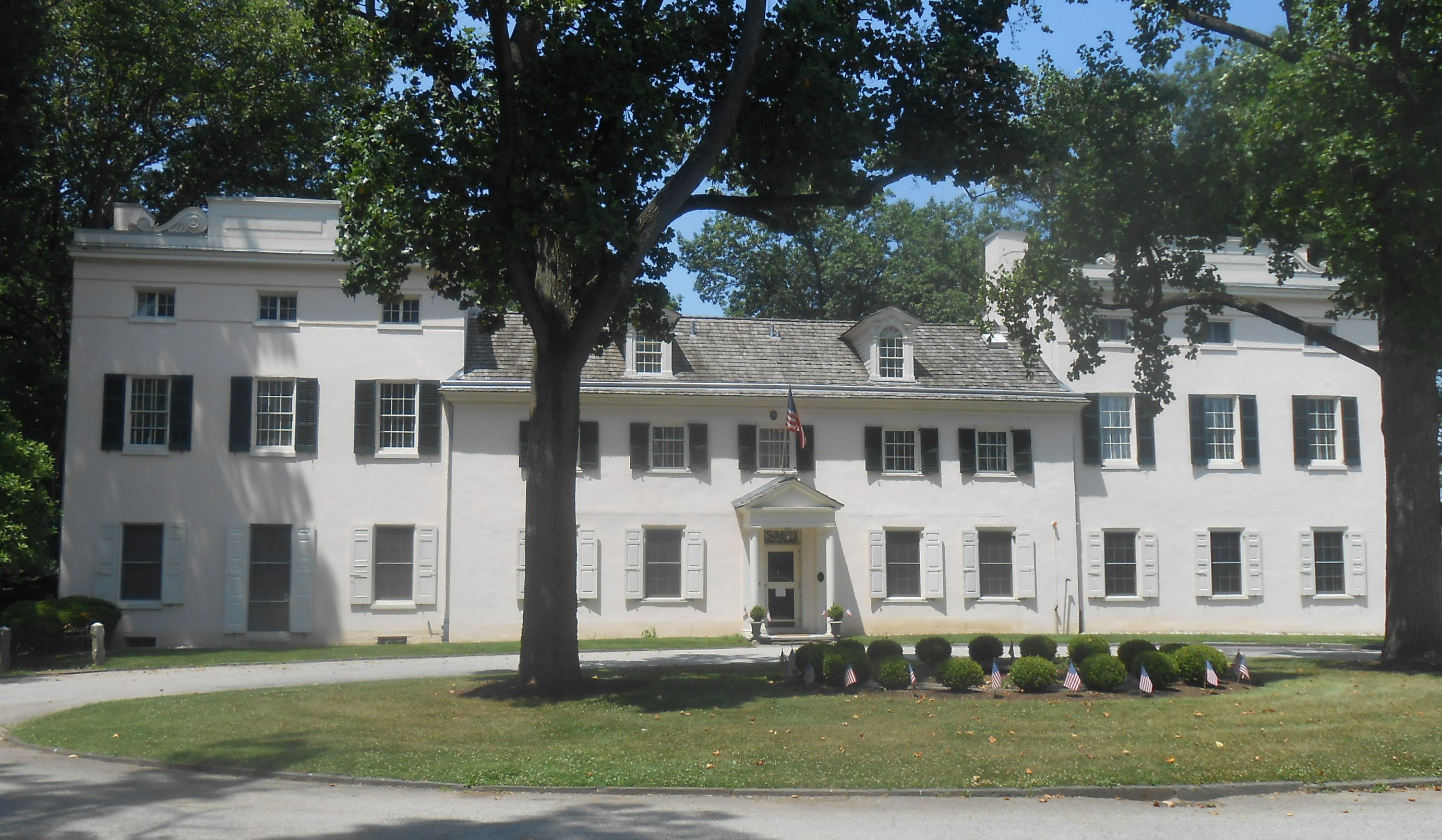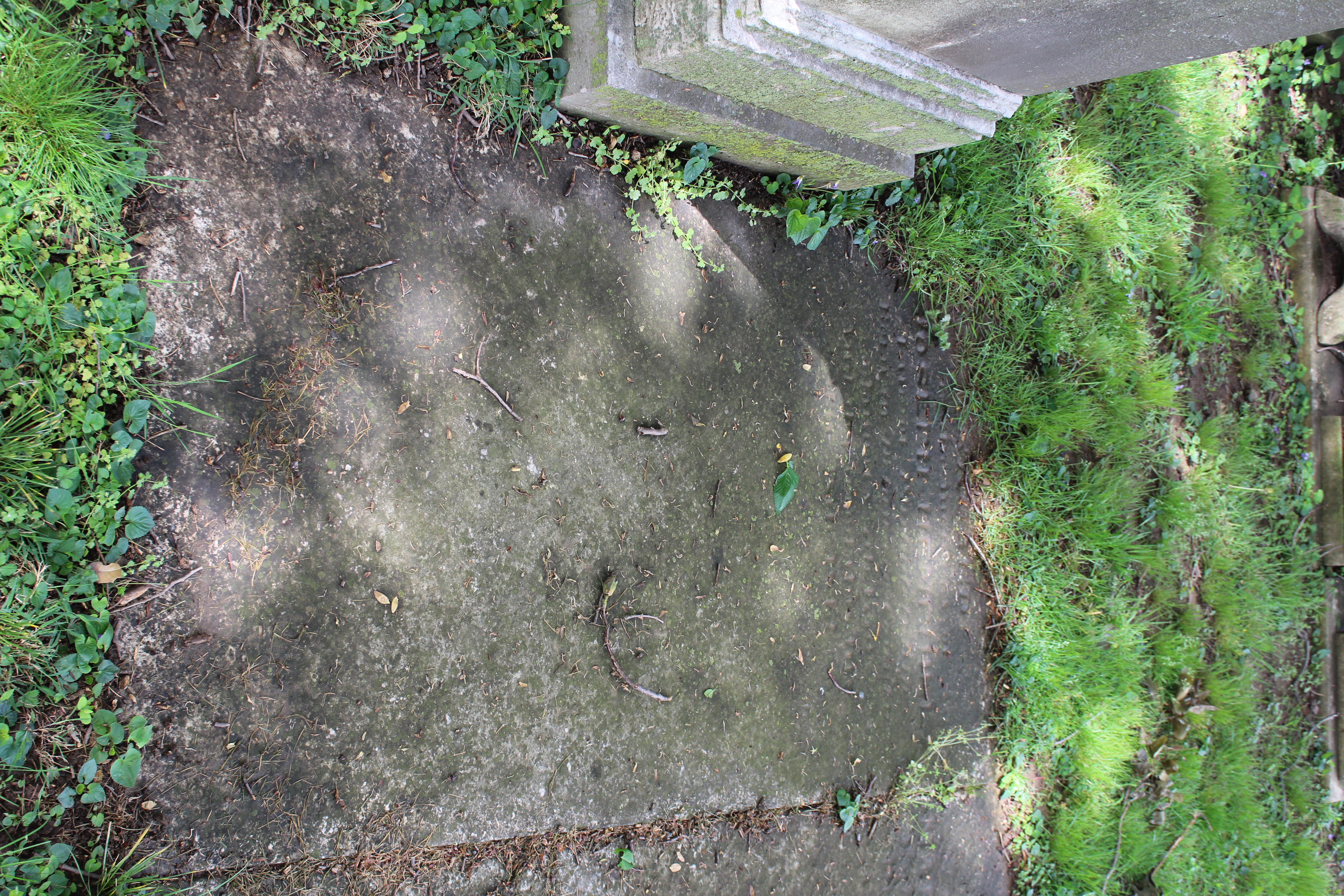Joseph Hemphill on:
[Wikipedia]
[Google]
[Amazon]
Joseph Hemphill (January 7, 1770May 29, 1842) was an American politician who served as a
 He purchased the Historic Strawberry Mansion in Fairmount Park from Judge William Lewis in 1821 and used it as his summer home. He added the
He purchased the Historic Strawberry Mansion in Fairmount Park from Judge William Lewis in 1821 and used it as his summer home. He added the  He died in Philadelphia on May 28, 1842, and was interred at Laurel Hill Cemetery.
A descendant, Alexander Hemphill, served as City Controller for Philadelphia from 1958 to 1968.
He died in Philadelphia on May 28, 1842, and was interred at Laurel Hill Cemetery.
A descendant, Alexander Hemphill, served as City Controller for Philadelphia from 1958 to 1968.
Mr. Hemphill's speech in the House of Representatives, on the 14th of January, 1823, on the following bill: To procure the necessary surveys, plans and estimates, on the subject of roads and canals.
Washington, D.C., D. Rapine, 1823
Mr. Hemphill's speech on the bill to construct a national road from Buffalo, passing by the seat of the general government, to New Orleans. Delivered in the House of Representatives, U.S. 23d March, 1830.
Washington, D.C., Wm. Greer printer, 1830
Federalist
The term ''federalist'' describes several political beliefs around the world. It may also refer to the concept of parties, whose members or supporters call themselves ''Federalists''.
History Europe federation
In Europe, proponents of deep ...
member of the U.S. House of Representatives for Pennsylvania's 3rd congressional district from 1801 to 1803, as a Jackson Federalist representative for Pennsylvania's 1st congressional district from 1819 to 1823 and as a Jacksonian representative for Pennsylvania's 2nd congressional district from 1829 to 1831.
He also served as a member of the Pennsylvania House of Representatives
The Pennsylvania House of Representatives is the lower house of the bicameral Pennsylvania General Assembly, the legislature of the U.S. state of Pennsylvania. There are 203 members, elected for two-year terms from single member districts.
It ...
from 1797 to 1800, in 1805 and from 1831 to 1832.
Early life and education
Hemphill was born on January 7, 1770, to Joseph and Ann (Wills) Hemphill in Thornbury Township in theProvince of Pennsylvania
The Province of Pennsylvania, also known as the Pennsylvania Colony, was a British North American colony founded by William Penn, who received the land through a grant from Charles II of England in 1681. The name Pennsylvania was derived from ...
. He graduated from the University of Pennsylvania
The University of Pennsylvania (Penn or UPenn) is a Private university, private Ivy League research university in Philadelphia, Pennsylvania, United States. One of nine colonial colleges, it was chartered in 1755 through the efforts of f ...
at Philadelphia
Philadelphia ( ), colloquially referred to as Philly, is the List of municipalities in Pennsylvania, most populous city in the U.S. state of Pennsylvania and the List of United States cities by population, sixth-most populous city in the Unit ...
in 1791. He studied law under Thomas Ross, was admitted to the bar in 1793 and began to practice law in West Chester, Pennsylvania
West Chester is a borough (Pennsylvania), borough and the county seat of Chester County, Pennsylvania, United States. Located in the Delaware Valley, Philadelphia metropolitan area, the borough had a population of 18,671 at the 2020 census. West ...
.
Political career
Hemphill served as a member of thePennsylvania House of Representatives
The Pennsylvania House of Representatives is the lower house of the bicameral Pennsylvania General Assembly, the legislature of the U.S. state of Pennsylvania. There are 203 members, elected for two-year terms from single member districts.
It ...
from 1797 to 1800. He was elected as a Federalist
The term ''federalist'' describes several political beliefs around the world. It may also refer to the concept of parties, whose members or supporters call themselves ''Federalists''.
History Europe federation
In Europe, proponents of deep ...
member representing Pennsylvania's 3rd congressional district in the Seventh Congress from 1801 to 1803. He moved to Philadelphia in 1803, and again was a member of the State House of Representatives in 1805. He was appointed the first president judge of the district court of the city and county of Philadelphia
Philadelphia ( ), colloquially referred to as Philly, is the List of municipalities in Pennsylvania, most populous city in the U.S. state of Pennsylvania and the List of United States cities by population, sixth-most populous city in the Unit ...
. He was elected as a Federalist member representing Pennsylvania's 1st congressional district in the Sixteenth and Seventeenth Congresses from 1819 to 1823. He was elected as a Jackson Federalist member representing Pennsylvania's 2nd congressional district in the Eighteenth Congress, and reelected as a Jacksonian to the Nineteenth Congress, from 1823 until his resignation in 1826. He was elected as a Jacksonian member representing Pennsylvania's 3rd congressional district in the Twenty-first Congress from 1829 to 1831. He was a member of the State House of Representatives in 1831 and 1832.
Hemphill introduced a bill in 1824 which called for the usage of military personnel to conduct surveys and estimate costs for construction of roads and canals.
He was an anti-slavery advocate and gave a speech to Congress against slavery, especially in Missouri. He declared slavery to be "the forcible oppression of otherwise powerless people".
During the Congressional debate about the Indian Removal Act
The Indian Removal Act of 1830 was signed into law on May 28, 1830, by United States president Andrew Jackson. The law, as described by Congress, provided "for an exchange of lands with the Indians residing in any of the states or territories, ...
, Hemphill was split between his support for President Andrew Jackson
Andrew Jackson (March 15, 1767 – June 8, 1845) was the seventh president of the United States from 1829 to 1837. Before Presidency of Andrew Jackson, his presidency, he rose to fame as a general in the U.S. Army and served in both houses ...
and his Quaker constituency's opposition to the law. He proposed delaying implementation of the act in order to conduct surveys of the land the Native Americans were to be moved to, but his proposal was voted down.
Business career
In 1831, Hemphill's son, Alexander, entered into a business partnership with William Ellis Tucker for his porcelain factory in Philadelphia. Tucker died in 1832 and the firm was joined by Joseph and his brother Thomas. The factory continued production under the Hemphill name until it closed in 1838.Personal life
Greek Revival
Greek Revival architecture is a architectural style, style that began in the middle of the 18th century but which particularly flourished in the late 18th and early 19th centuries, predominantly in northern Europe, the United States, and Canada, ...
wings to the structure and was known to entertain John C. Calhoun from South Carolina and the Marquis de Lafayette from France.
In September, 1806, he married Margaret Coleman, daughter of the wealthy industrialist Robert Coleman from Lancaster, Pennsylvania.
 He died in Philadelphia on May 28, 1842, and was interred at Laurel Hill Cemetery.
A descendant, Alexander Hemphill, served as City Controller for Philadelphia from 1958 to 1968.
He died in Philadelphia on May 28, 1842, and was interred at Laurel Hill Cemetery.
A descendant, Alexander Hemphill, served as City Controller for Philadelphia from 1958 to 1968.
Bibliography
Mr. Hemphill's speech in the House of Representatives, on the 14th of January, 1823, on the following bill: To procure the necessary surveys, plans and estimates, on the subject of roads and canals.
Washington, D.C., D. Rapine, 1823
Mr. Hemphill's speech on the bill to construct a national road from Buffalo, passing by the seat of the general government, to New Orleans. Delivered in the House of Representatives, U.S. 23d March, 1830.
Washington, D.C., Wm. Greer printer, 1830
References
External links
* {{DEFAULTSORT:Hemphill, Joseph 1770 births 1842 deaths 19th-century American businesspeople American lawyers admitted to the practice of law by reading law Burials at Laurel Hill Cemetery (Philadelphia) Businesspeople from Philadelphia Ceramics manufacturers of the United States Federalist Party members of the United States House of Representatives Jacksonian members of the United States House of Representatives from Pennsylvania Members of the Pennsylvania House of Representatives Pennsylvania district justices Pennsylvania Federalists Pennsylvania lawyers Politicians from Chester County, Pennsylvania Politicians from Philadelphia University of Pennsylvania alumni 19th-century members of the Pennsylvania General Assembly 19th-century members of the United States House of Representatives